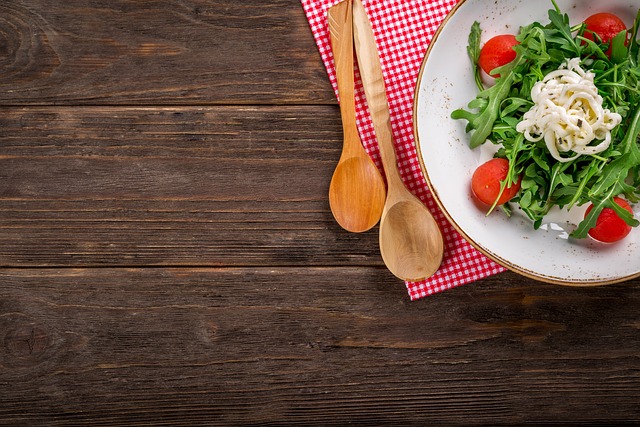Cooking, often perceived just as a means to sustain life, holds a treasure trove of psychological benefits, especially when shared with others. It’s not merely about the ingredients or the recipes; it’s an intricate dance of actions and interactions that nourish both body and soul. As we delve into the communal aspect of cooking, we uncover layers of emotional and cognitive rewards that can enhance our wellbeing far beyond the kitchen.
Cooking Improves Emotional Wellbeing
The Therapeutic Rhythm of the Kitchen
When we cook with others, we’re engaging in an activity that encourages cooperation and communication. It’s a symphony of shared tasks that requires harmony and rhythm. This collaborative environment fosters a sense of belonging and accomplishment. As each dish comes together, so does a group’s dynamic, which can lead to increased self-esteem and a reduction in feelings of loneliness. The kitchen becomes a space where we can express ourselves and find comfort in the presence of others, all while the aroma of home-cooked food wraps around us like a warm embrace.
Baking Helps You Focus
The Mindfulness in Measuring and Mixing
Baking is an act of patience and precision, requiring a mindful focus that can quiet the noise of a busy mind. The methodical nature of measuring out ingredients and the sequential steps of a recipe demand attention to detail, fostering a form of culinary meditation. This can be particularly grounding when done in the company of others, providing a shared focus that helps strengthen interpersonal bonds. Baking together allows for moments of silent cooperation interspersed with casual conversation, creating a unique environment conducive to mental clarity and collective mindfulness.
Connecting with Other People
The Communion of Shared Experiences
The act of cooking with others is a fundamental human experience, transcending culture and language barriers. It’s a vehicle for social connection, providing a reason to gather and a means to communicate care. Through the shared act of creating a meal, individuals can find common ground, share stories, and build relationships. For many, these kitchen gatherings can lead to lasting friendships and a deeper sense of community. It’s in the sharing of tasks, the exchange of culinary tips, and the communal dining experience that we often find the most profound connections.
Table of Contents
Learning New Tastes
The Adventure of Culinary Discovery
Cooking alongside others is an adventure in taste and technique. It opens up a world where every ingredient and every recipe tells a story. By learning new flavors and cooking methods, we not only expand our culinary knowledge but also our cognitive abilities. This exploration can stimulate our brains, introducing novelty that keeps our minds engaged and curious. The joy of discovery when cooking with companions can lead to greater cultural appreciation and a willingness to step outside our comfort zones, fostering an adventurous spirit that transcends the kitchen.
Reconnecting with Memories
The Nostalgia of Shared Recipes
Food has the profound ability to transport us back in time. Cooking with family and friends often involves recipes that have been passed down through generations, each dish rich with history and personal anecdotes. These recipes act as a portal to the past, allowing us to reconnect with lost memories and the loved ones who made them. Whether it’s a grandparent’s secret ingredient or a friend’s holiday tradition, these shared moments in the kitchen become a tapestry of our collective heritage, reinforcing our identity and personal history.
Conclusion
In summary, cooking with others is a multifaceted experience that offers a wealth of psychological benefits. It nurtures our emotional wellbeing through teamwork and shared achievements. Baking with others requires a level of focus that can act as a form of mindfulness, while the social aspect of cooking can forge and strengthen connections with those around us. The adventure of exploring new tastes inspires a lifelong love of learning and an openness to new experiences. Meanwhile, shared recipes and cooking traditions become a conduit for reconnecting with our memories and preserving our cultural heritage.
The kitchen, therefore, is more than just a place to prepare food. It is a classroom, a sanctuary, and a social club, all rolled into one. Here, amidst the clatter of pots and pans and the fragrance of cooking food, we find laughter, learning, and love. Each meal prepared together is an opportunity to feed not just our bodies, but also our minds and souls. Through the shared act of cooking, we weave a tapestry of experiences that enriches our lives and brings us closer to the people we care about. So, let’s cherish these moments and the many psychological benefits they bring, as we continue to come together in the heart of the home—the kitchen.








Leave a Comment